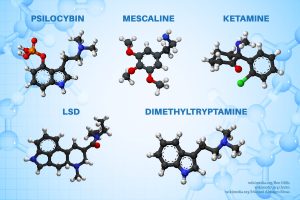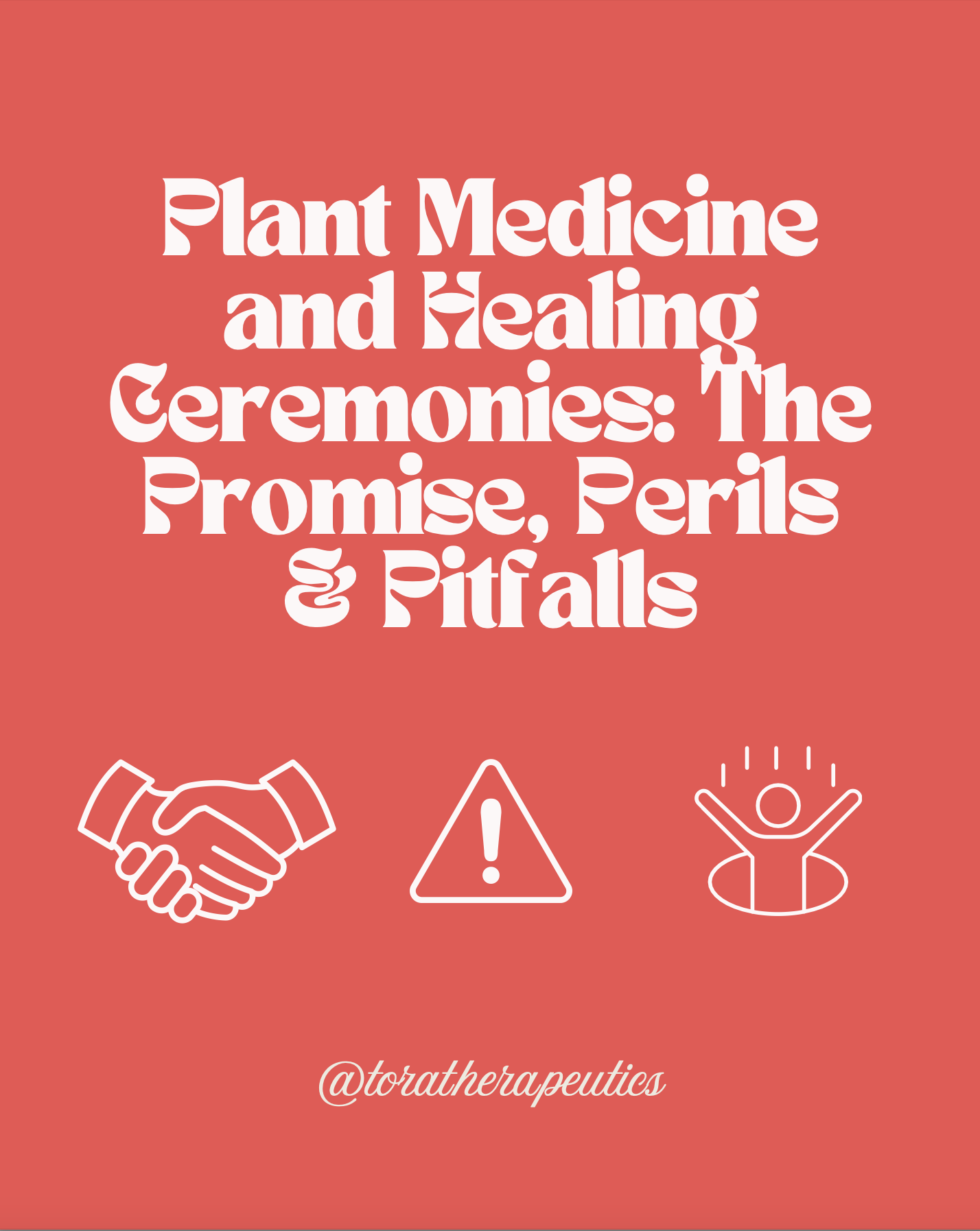Plant Medicine and Healing Ceremonies: The Promise, Perils & Pitfalls

In recent years, psychedelic substances and plant-based remedies like ayahuasca, psilocybin (magic mushrooms), ketamine, and cacao ceremonies have gained popularity as tools for healing and personal growth. While these practices hold potential, they also carry significant risks. For religious Jews and monotheists, these ceremonies can raise ethical and halachic (Jewish legal) concerns. Here, we explore their benefits, dangers, and considerations.
The Potential Benefits
- Therapeutic Value: Psychedelic-assisted therapies have shown promise for treating mental health challenges like depression, PTSD, and anxiety. For example, psilocybin has been found to “reset” dysfunctional mental patterns, offering a fresh perspective for those struggling.
- Self-Awareness and Growth: Many report that these substances deepen self-reflection and enhance connections to nature, themselves, and a higher power, fostering resilience and purpose.
- Spiritual Experiences: Substances like ayahuasca often lead to profound mystical experiences, providing emotional release and insights into life’s meaning.
- Addiction Recovery: Psychedelics like ibogaine and psilocybin show potential for breaking addictive patterns, helping people escape harmful behaviors. Ketamine, in particular, has been effective in reversing suicidal ideation, which may have unique implications in Jewish law when saving a life (pikuach nefesh).
The Dangers of Unsupervised Use
Despite their promise, these substances can pose serious risks when used outside of controlled, professional settings:
- Psychological Harm: Unsupervised use can lead to overwhelming or destabilizing experiences, especially for those with mental health conditions like psychosis or bipolar disorder.
- Physical Risks: Substances like ayahuasca can cause severe side effects, such as vomiting or dangerous interactions with medications like SSRIs. Some, like MDMA and ketamine, are addictive.
- Unqualified Guides: Ceremonies led by untrained individuals can result in emotional harm or exploitation.
- Legal Issues: Many psychedelics remain illegal in the U.S., and participating in ceremonies can lead to legal repercussions.
- Integration Challenges: Profound experiences require careful integration to avoid confusion or emotional vulnerability. Without proper guidance, participants may feel disoriented or disconnected.
Ethical and Religious Considerations
For observant Jews and monotheists, these practices often conflict with their beliefs:
- Halachic Concerns: Many plant-based ceremonies have roots in non-monotheistic rituals that may involve invoking spirits or deities, which are prohibited in Jewish law. Even neutral substances may become problematic in these contexts.
- Kosher Alternatives: Some seek “neutral” or modified settings, removing spiritual elements while maintaining therapeutic benefits. For example, combining these practices with Jewish music or prayer may align better with halachic standards.
- Ceremony Caution: As one observant Jew noted, even seemingly benign practices like cacao ceremonies raise red flags due to their spiritual undertones. Removing ritualistic aspects is essential to make these practices acceptable within a monotheistic framework.
- A Legal Framework: If individuals sincerely seek this therapeutic treatment modality, while most substances are still illegal, joining studies at places like The Johns Hopkins Center for Psychedelic and Consciousness Research
Proceed with Care
While plant medicines and psychedelics show therapeutic promise, their use demands caution. Always consult trained professionals and consider the psychological, physical, and legal risks. For religious individuals, ensure any practices align with your faith. Healing journeys are deeply personal, and it is essential to approach them with wisdom and care. True paths are seldom straight. They demand discernment, trusted guidance, and the courage to navigate challenges—ensuring healing that lasts.
(For a more extensive version of this article, please join my Substack column by CLICKING HERE)
Download the summary of this article as a pdf by clicking HERE or on the image below:
We love hearing from you, please feel free to leave your comments below.
With Gratitude,
Rus Devorah



